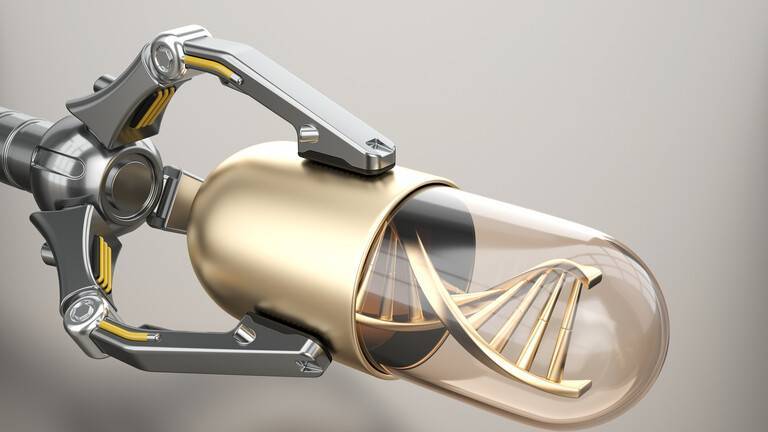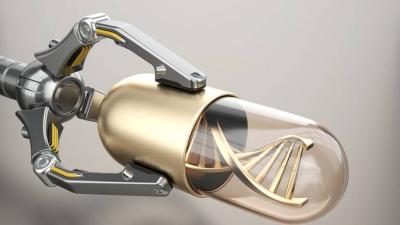Scientists at the Massachusetts Institute of Technology have developed a robotic capsule for drug delivery, which could replace the painful multiple injections for diabetes patients by delivering insulin directly to the intestines. This technology can also deliver antibiotics, offering hope in the fight against drug-resistant bacteria through oral administration. Taking medications orally is safer, more convenient, and less invasive for patients and doctors, but drugs taken orally often cannot withstand stomach acid before reaching their intended effects, making them less effective. However, the capsule called RoboCap could revolutionize treatment in this field.
In tests conducted on pigs, insulin permeability increased more than tenfold. Similar results were observed with vancomycin, an antibiotic typically administered intravenously. Lead author Dr. Giovanni Traverso from MIT stated, “Peptides and proteins are important drugs. But the deteriorating environment of the digestive system and poor absorption limit the ability to administer these drugs orally.” Pigs have anatomical, physiological, and biochemical similarities to humans, making them ideal for research.
Dr. Traverso noted that RoboCap was designed to filter and reduce mucus to overcome these barriers and assist in delivering drugs to where they are needed. This inexpensive device, the size of a raspberry, is made from biodegradable polymer and stainless steel components. It allows it to pass through the harsh environment of the stomach, withstand enzyme attacks, and penetrate the mucus barrier in the small intestine and other obstacles.
Currently, many common medications, including insulin, need to be delivered by other means. Dr. Traverso explained, “When ingested, the gelatinous coating of RoboCap dissolves in the stomach. The environment of the small intestine activates RoboCap, which vibrates and rotates to filter mucus, enhance mixing, and deposit the drug load in the small intestine where drug absorption is likely.”
He continued, “Our motivation is to facilitate patient medication intake, especially drugs that require an injection. The classic example is insulin, but there are many other types.” Many diabetics require several doses of insulin daily to manage their condition. The typical drug delivery method is small injections multiple times a day.
It is noted that insulin is naturally produced in the pancreas and then moved to the liver, where it helps process blood sugar levels. Type 1 diabetes patients do not produce enough insulin to control blood sugar. All patients need some dosage to manage their condition. Those with type 2 diabetes, which is associated with obesity, may need insulin medication to increase hormone levels and manage blood sugar.




